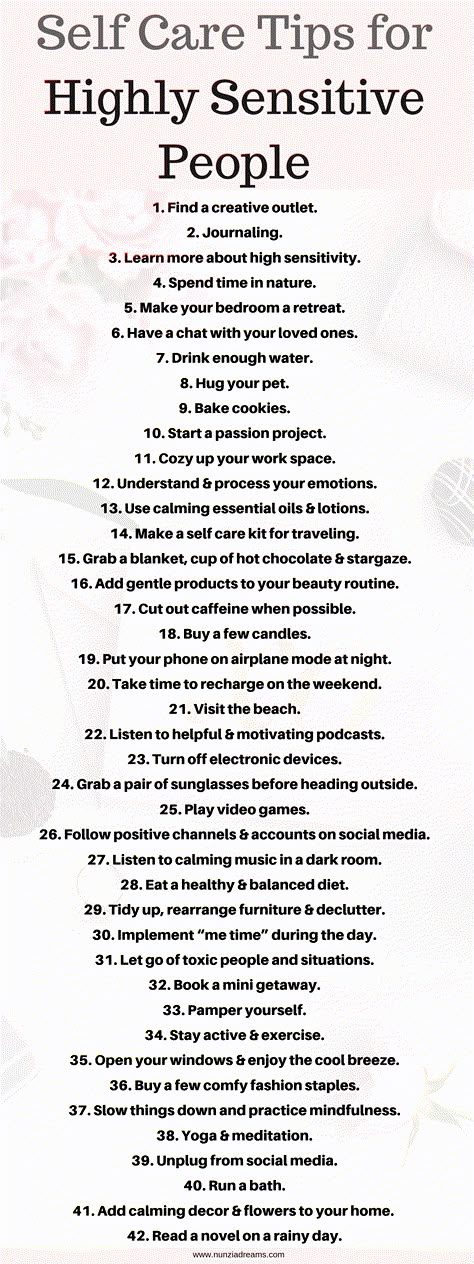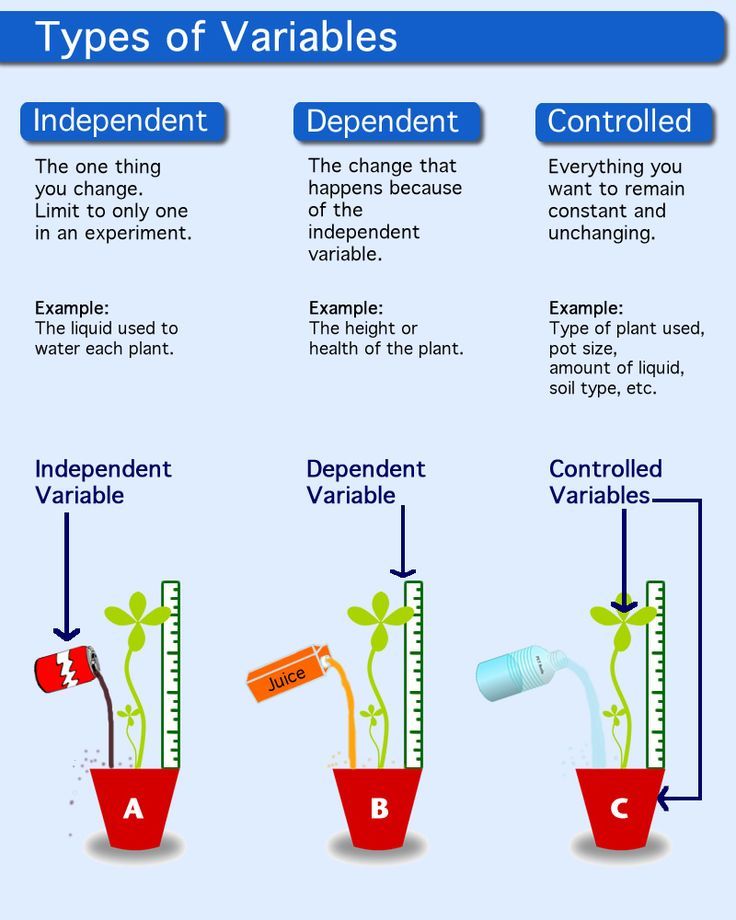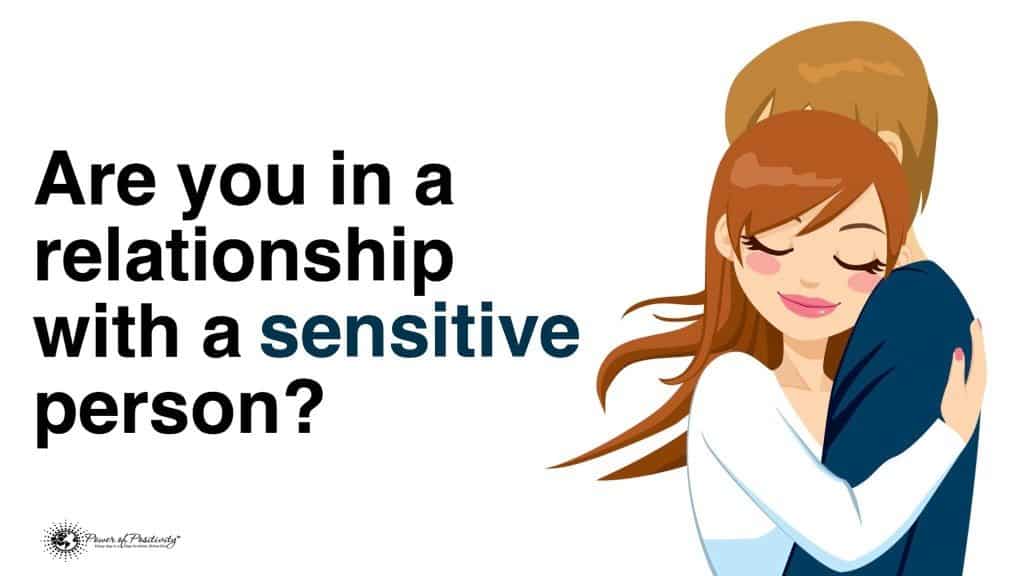What to do for aging parents
8 Ways to Help Your Aging Parents
As they age, our parents might need more help. But you might not know exactly how to lend a hand or even where to start. Plus, what do you do if your parents balk at your attempts to assist them?
While every situation is unique, Christina Steinorth, MFT, a psychotherapist and author of Cue Cards for Life: Thoughtful Tips for Better Relationships, offered her suggestions for helping aging parents.
1. Empathize with your parents.
Sometimes you might be taken aback by your parents’ frustration, moody behavior or neediness. In fact, on some days, they might be downright unpleasant to be around. But it’s important to be empathetic and understand where they’re coming from. According to Steinorth, “Aging is a series of losses — loss of employment, health and energy, friends, mobility, and independence.” Consider how you’d feel if you were in their situation, she said.
2. Call them regularly.
When Steinorth was researching her master’s thesis, the number one thing aging parents wanted from their kids was simply to hear from them. She suggested setting a reminder on your phone to check in with your parents and see how they’re doing.
3. Get other family involved.
When helping your parents, don’t take on all the responsibility yourself, unless you have to, Steinorth said. For instance, she knows of one family who emails updates to each other any time a sibling visits their parents. This not only provides information on their parents’ health and current situation, but it also makes it easier to coordinate visits and share responsibilities, she said.
Communication among family members also is key when parents need financial help. “Sometimes siblings will help offset expenses by giving your parents a little bit of money every month — they just need to know what the financial need is in order to be able to make the decision to help,” Steinorth said.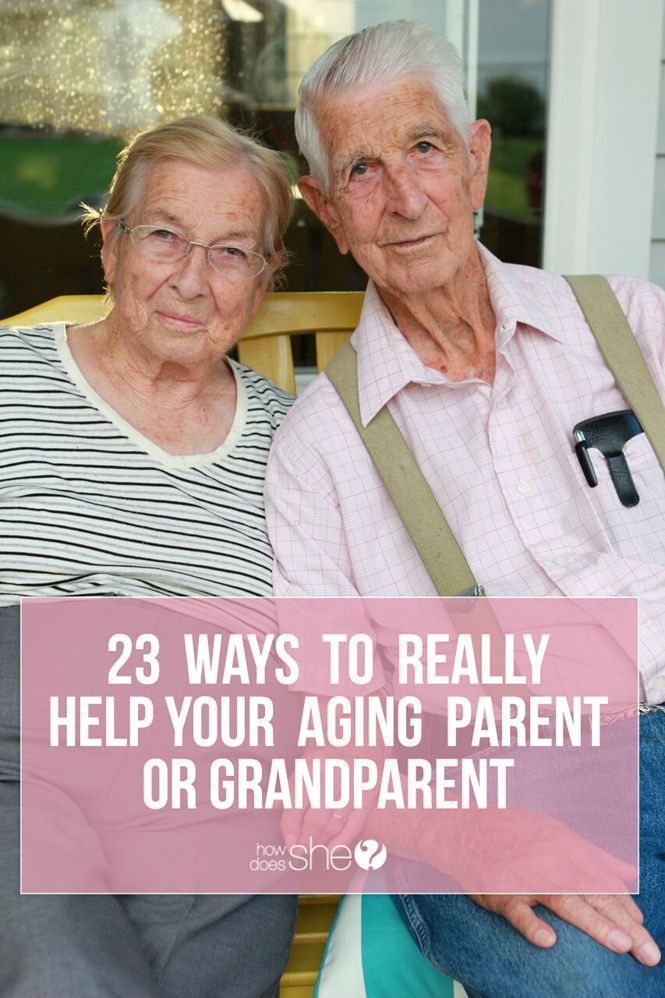 (She also suggested seeing a financial advisor who specializes in elder care issues to discuss your options.)
(She also suggested seeing a financial advisor who specializes in elder care issues to discuss your options.)
4. Seek out potential problems.
Walk around your parents’ home, and scrutinize the surroundings for any necessary repairs or changes. For instance, look out for uneven flooring, handrails and well-lit hallways and stairs, she said. Also, check if essential items are within reach and emergency contact information is next to the phone. If something major requires repair, find out if your state offers low-interest loans to seniors, Steinorth added. She suggested visiting this website for more information.
5. Advocate for them.
If your parent has an illness, make sure both of you have a good grasp of what that means and what treatment entails. For instance, know the medications they’re taking and when they’re supposed to be taken. If you’re accompanying them to appointments, ask questions, and take notes, she said.
6.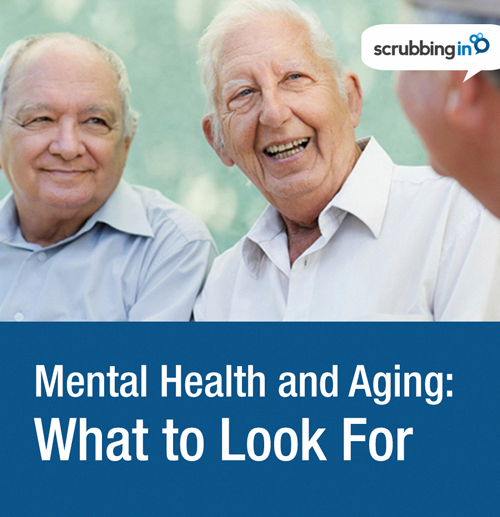 Encourage them to be active.
Encourage them to be active.
Many aging parents tend to be isolated, because they stop driving, get tired easily or have hearing or vision loss, Steinorth said. She stressed the importance of helping parents stay both socially and physically active.
“Talk to them about their friends, senior groups, and church or synagogue members. Find out what parks, the library, museums, nearby universities, and community centers offer in the way of organized activities.”
Physical activity is key for improving mood, endurance, balance and strength and delaying cognitive decline, she said. For instance, aging parents can walk, or participate in exercise programs for seniors.
7. Help them downsize without being bossy.
When helping your parents downsize, don’t tell them what they should and shouldn’t keep or toss anything unless you have their permission, she said. “Realize that your parents have many memories and treasure things that remind them of relatives and happy events — these are specific to the individual and just because you don’t see the value in certain items, doesn’t mean your parent shares your view.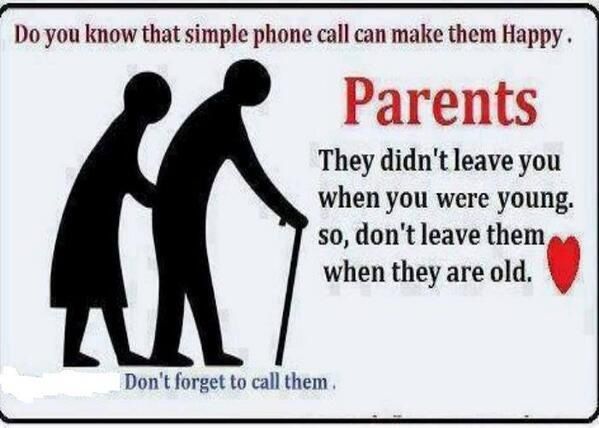 ”
”
8. Help them create a memory book.
It’s common for seniors to experience short-term memory problems, according to Steinorth. Reminiscing might help. She suggested creating a scrapbook for your parents, filled with photos and names of the people, places and pets from their past. If you have time, work on the scrapbook together, she added.
What To Do When Parents Don’t Want Help
It’s not uncommon for parents to refuse their kids’ help. Try to have this conversation before your parents need immediate assistance, Steinorth said. If they’re not open to your help right now, over time, they might change their minds, she said.
Another approach is to ask others to intervene. For instance, you might ask your siblings, close relatives or even their doctor to talk to your parents, she said. “Sometimes hearing the need for additional help from an outside source can help your parents really hear what is being said and therefore may also make them more open to your help.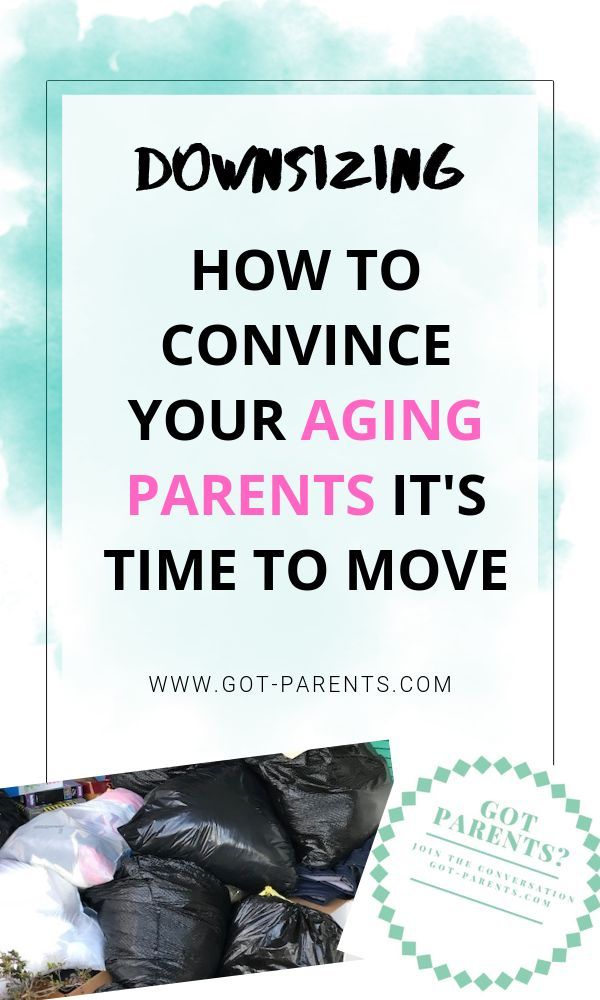 ”
”
Finally, if your parents are a danger to themselves or others and still refuse your help, contact the department of social services to step in, Steinorth said. Be prepared for your parents to be upset with you. But their anger will probably dissipate, she said, because they’ll be less emotional and understand you had their best interests and safety in mind (and in your heart).
5 Tips for Helping Aging Parents Without Taking Over
As parents age, they often need assistance with everyday tasks like preparing meals, managing medications and making health care decisions. The need for help seems straightforward enough, however many adult children approach caring for elderly parents in a way that is perceived as overbearing instead of supportive. It’s hard to know how to help aging parents without taking over, especially since seniors are often reluctant to ask for or accept assistance from others. So, how do you take charge without making Mom and Dad feel as if they’ve completely lost their independence? How do you get the job done without coming across as condescending or making them angry?
Caregiving Affects Parent-Child Relationships
How many times have you found yourself “showing” someone how to do something by doing it for them? This approach to teaching and learning is second nature.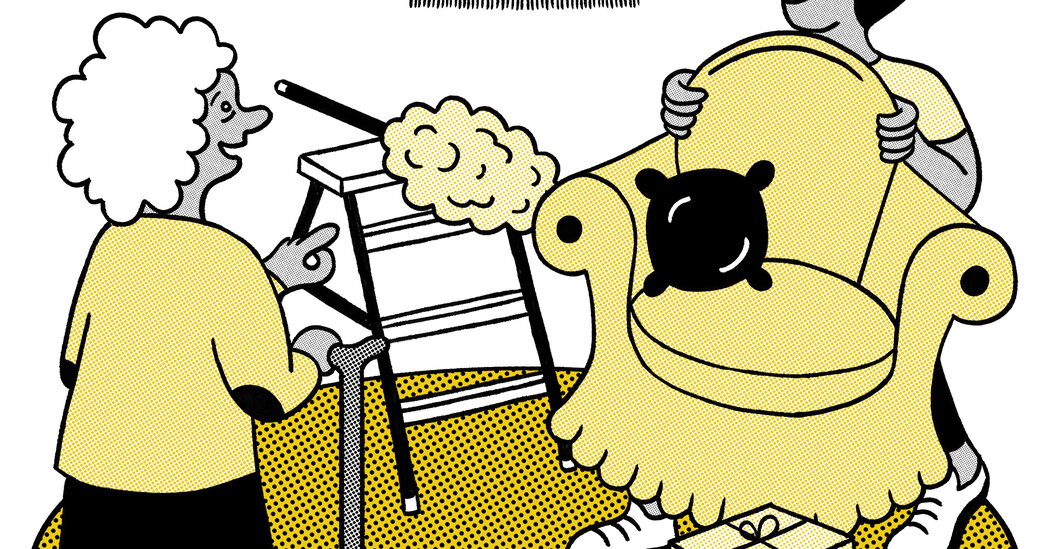 While it might make sense to show by doing when you are teaching someone younger or less familiar with a particular task than you are, it doesn’t usually translate well to caregiving. Seniors may get angry or annoyed when you complete the task yourself instead of merely providing supervision or a helping hand while they accomplish what they can.
While it might make sense to show by doing when you are teaching someone younger or less familiar with a particular task than you are, it doesn’t usually translate well to caregiving. Seniors may get angry or annoyed when you complete the task yourself instead of merely providing supervision or a helping hand while they accomplish what they can.
For example, it was probably hard enough for your mom to agree to let you help her pay bills and balance her checkbook after your dad died. Even after she relented, it wouldn’t be surprising if she tells you that she doesn’t understand why you keep insisting on helping her since she is perfectly capable of doing it herself.
The truth is that acknowledging you need help with the business of daily life is really, really hard for most seniors. One study published in the journal Research on Aging found that older parents struggle to balance their desire for autonomy with their desire to maintain close relationships with their adult children.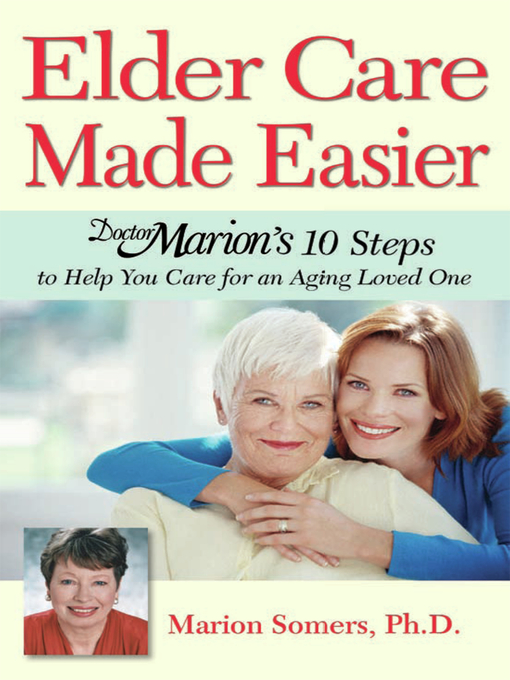 Elderly parents are aware of the effects that asking for help can have on their family dynamics and are often torn when it comes to weighing the pros and cons of family caregiving. This study found that older parents “use a variety of strategies to deal with their ambivalent feelings, such as minimizing the help they receive, ignoring or resisting children’s attempts to control, withholding information from children to maintain clear boundaries, and seeking others as confidants.”
Elderly parents are aware of the effects that asking for help can have on their family dynamics and are often torn when it comes to weighing the pros and cons of family caregiving. This study found that older parents “use a variety of strategies to deal with their ambivalent feelings, such as minimizing the help they receive, ignoring or resisting children’s attempts to control, withholding information from children to maintain clear boundaries, and seeking others as confidants.”
Providing assistance in a respectful and understanding manner from the beginning can help mitigate an older parent’s fears of feeling micromanaged and altering familial relationships. When the time comes that a senior needs help, they are also confronted with their own limitations. In most cases, these difficulties won’t “get better.” Your parent thinks of this event as the beginning of the end of their independence. In your attempt to make your parent’s life easier and safer, you’re likely speeding up their (real and perceived) loss of independence and might be harming your relationship in the process.
How to Help Aging Parents Without Being Overbearing
Following a few simple rules can make a world of difference in the way that you provide care. Above all else, remember to be aware of your actions, your words, your tone and how these things affect your elderly parents. Self-awareness is crucial for keeping even your best intentions in check, altering your approach when necessary and apologizing when you overstep your parents’ boundaries.
1. Let Aging Parents Take the Lead
If possible, do tasks alongside your parents instead of for them. While this approach might take longer than if you just did things yourself, you allow Mom and Dad to retain some of their independence by letting them take the lead. This can have beneficial effects on your parents’ self-esteem and keep their functional abilities sharp.
Some seniors resign from participating in everyday tasks and expect their family caregivers to take over. But, the old adage, “if you don’t use it, you lose it,” applies here.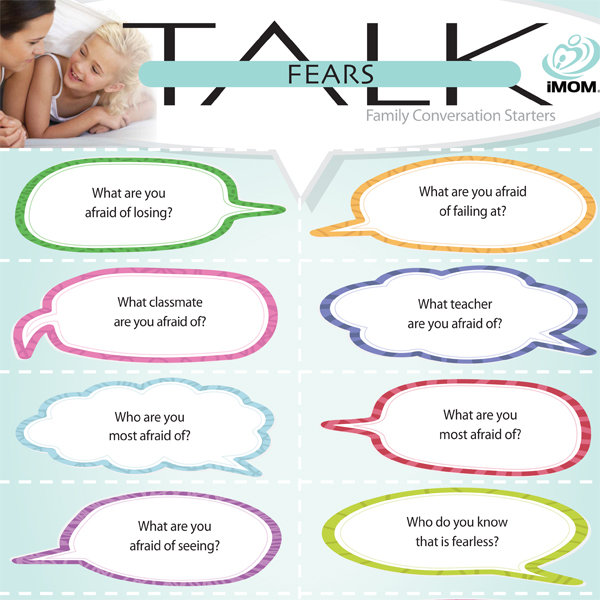 Not only does this place a great deal of responsibility on caregivers but it often sets elders up for a swift decline in physical and mental functioning as well. Your goal should be to extend their independence, not encourage their dependence on you.
Not only does this place a great deal of responsibility on caregivers but it often sets elders up for a swift decline in physical and mental functioning as well. Your goal should be to extend their independence, not encourage their dependence on you.
2. Enable Parents to Dictate How and When You Help
Instead of swooping in to tackle every unfinished task or resolve each problem, let your parents come to you. When they tell you what aspects of a particular activity they need your help with, try to limit your assistance to just those things, at least for now.
Sometimes parents have a hard time asking for assistance directly. Make sure you listen carefully when Mom or Dad shares their feelings and experiences with you. If they convey anxieties or frustrations surrounding a particular task, ask if they could use your help. Even if they do not accept, you will have made it known that you are interested in their well-being and willing to support them. Simply knowing that someone cares and listens to them is very important to many older adults.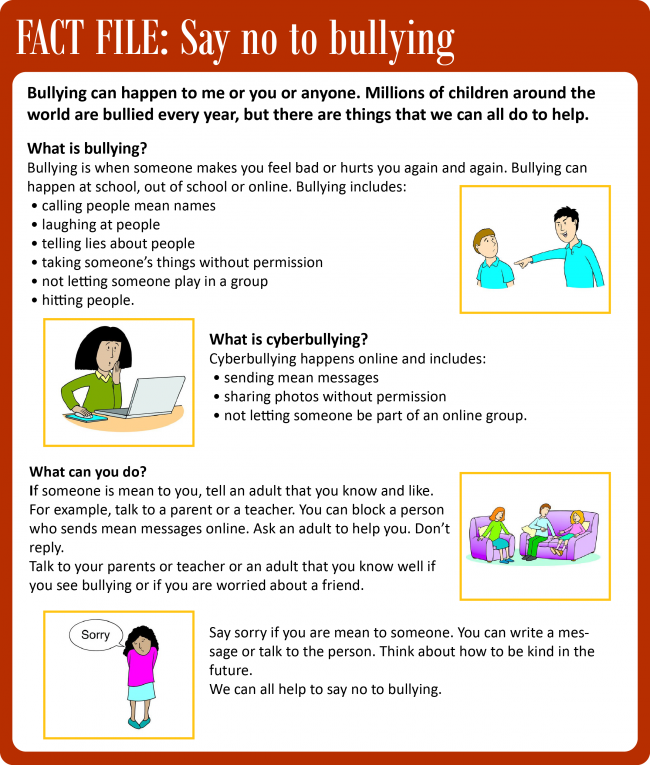 Feel free to repeat the offer as needed, but don’t force the issue unless their safety or livelihood is at stake.
Feel free to repeat the offer as needed, but don’t force the issue unless their safety or livelihood is at stake.
Of course, if your Mom or Dad doesn’t have realistic expectations of what they can do for themselves, you will need to find a way of gently helping them see your perspective. Conveying your genuine concern for their well-being is often the best way to get your point across. If they won’t accept your help, then ask who they would accept help from. Sometimes seniors are more accepting of outside help from professional caregivers hired through a home care company. This way parents get the assistance they need without it impacting their relationships with their children. Regardless of what the solution is, make sure you work together to address the problem at hand.
Browse Our Free
Senior Care Guides
3. Be Respectful
Ask permission before you just jump in. For example, when you take your parent to a doctor’s appointment, don’t just assume that they want you to come into the examination room with them.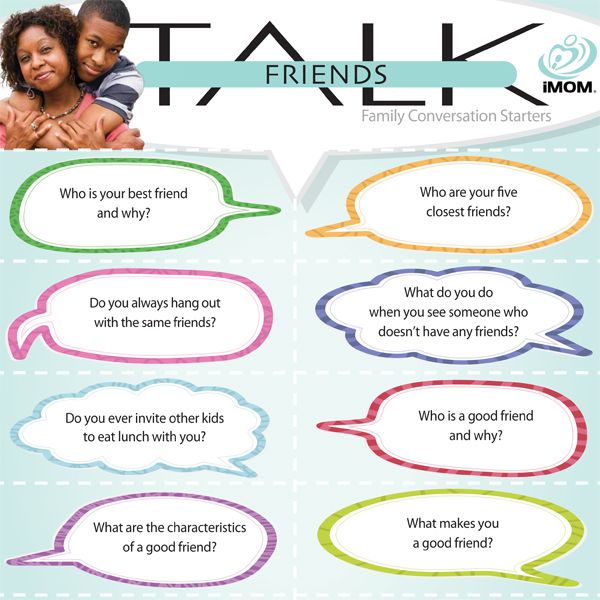 Instead, ask if they’d like you to be there the whole time, or if you should just come in toward the end of the visit to make sure YOUR questions are answered.
Instead, ask if they’d like you to be there the whole time, or if you should just come in toward the end of the visit to make sure YOUR questions are answered.
Remember that your parents are still your parents no matter how old they are or how their abilities change. They deserve respect and dignity. As frustrating as trying to care for aging parents can be, do your best to avoid being critical or demeaning. While many people characterize caring for an aging parent as a “role reversal,” it’s important to understand that seniors are not children who need “parenting.” Aging is tough and seniors usually don’t mean to be difficult on purpose. Keep in mind that the more you insist on controlling a particular situation, the more likely Mom and Dad are to resist your “help.”
4. Set Up Safety Nets
Regardless of how much your aging parents ask for or accept your help, do your best to set up a support system that keeps them safe and intrudes on their regular routine as little as possible.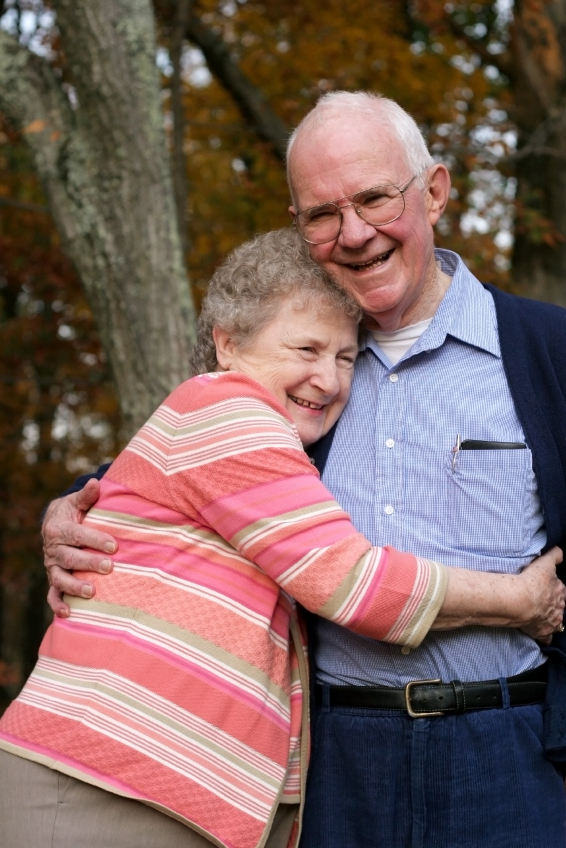 A medical alert system is a good example. Wearable pendants are relatively unobtrusive and provide peace of mind for both you and your parents should they have a medical emergency or an accident like a fall.
A medical alert system is a good example. Wearable pendants are relatively unobtrusive and provide peace of mind for both you and your parents should they have a medical emergency or an accident like a fall.
Senior care products can help extend your elderly parents’ independence as well. Look into assistive devices, such as medication organizers and mobility aids, that can make activities of daily living (ADLs) easier for them. Simple home modifications like grab bars can provide added safety and security as well.
An occupational therapist can help you and your parents explore all options for helping them live as independently and safely as possible. If your mom and dad have the right equipment, then they can see to their own needs with minimal hands-on help. Embracing new modes of doing things is often a difficult sell for seniors, but many are eager to adapt if it means they are not depending on someone else for assistance.
5. Prioritize Their Well-Being
If your parent is behaving recklessly, neglecting themselves or endangering their own safety, then stepping in is in their best interest and you may need to be more forceful about it.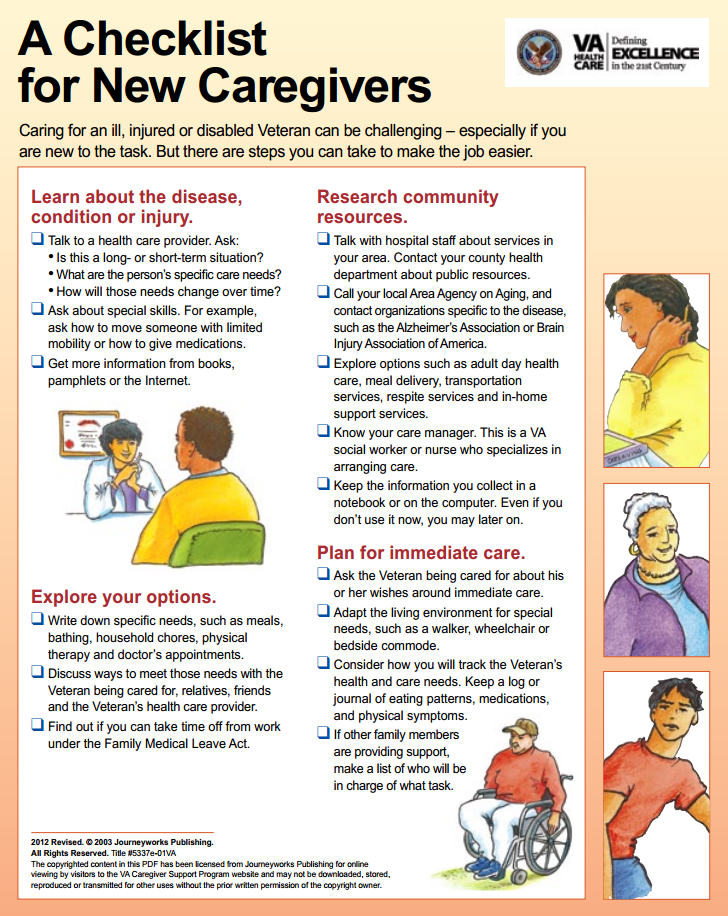 This scenario happens often when a parent is experiencing cognitive issues. Seniors with Alzheimer’s disease or other forms of dementia may not be aware that their abilities have changed and continue trying to adhere to their normal routines even though it isn’t safe. Memory loss and poor judgement can make even the simplest daily activities risky or downright dangerous. At that point, it is your job to intervene despite their protests.
This scenario happens often when a parent is experiencing cognitive issues. Seniors with Alzheimer’s disease or other forms of dementia may not be aware that their abilities have changed and continue trying to adhere to their normal routines even though it isn’t safe. Memory loss and poor judgement can make even the simplest daily activities risky or downright dangerous. At that point, it is your job to intervene despite their protests.
Make a distinction between safety and everything else. When your parent’s safety is on the line, you might just have to take charge by respectfully taking over. This isn’t about your preference that something be done a certain way or at a certain time. Let go of the things that do not matter and focus on the goal: keeping your parents, safe, healthy and happy.
Dealing with Toxicity in Older Parents - Expert Advice - Teacher's Gazette
In recent years, the term "toxic" has become common in relation to people who, in the process of communication, make others feel uncomfortable. It would seem unethical to apply such a definition to the dearest people - parents. But sometimes, when they "in the best of intentions" make the life of their own children unbearable, it is difficult to find a more appropriate word.
It would seem unethical to apply such a definition to the dearest people - parents. But sometimes, when they "in the best of intentions" make the life of their own children unbearable, it is difficult to find a more appropriate word.
Adults of completely different ages experience psychological problems with their parents - both those who have just started a family and children, and the elderly who already have their own grandchildren. In addition, with age, many - both children and parents - become grouchy, suspicious and less tolerant. How do experts advise building relationships with parents if there really are problems in communication? The opinions of experts were shared by the publication "Life".
According to psychologists, it is not uncommon for a mother of a 35-year-old daughter to suddenly start telling her what a bad wife she is and that her husband should go to another. And once an active father ceases to be interested in grandchildren, as well as in general with anything other than TV. In such situations, experts advise keeping in mind that a large proportion of parents in old age begin to show toxicity in behavior. After about 60 years, many begin a period of internal torment. At the same time, everyone experiences them individually. If earlier in a person’s personal life everything was smooth, then in old age he feels most satisfied. nine0007
In such situations, experts advise keeping in mind that a large proportion of parents in old age begin to show toxicity in behavior. After about 60 years, many begin a period of internal torment. At the same time, everyone experiences them individually. If earlier in a person’s personal life everything was smooth, then in old age he feels most satisfied. nine0007
According to Olga Mezhenina, a family psychologist, if a woman feels loved and happy in adulthood, then she is more harmonious in old age. If in her younger years she devoted herself completely to children, then over the years her exactingness towards them only increases. Hence - possible conflicts in the choice of partners by adult children, endless negative comments and persistent advice. In such situations, it is very difficult to set psychological boundaries with parents.
In addition, with age, most of us become touchy and vulnerable, the psyche ceases to be flexible, as in youth. Reputation is no longer as concerned as in youth - so it is not uncommon for a person to become sloppy and scandalous.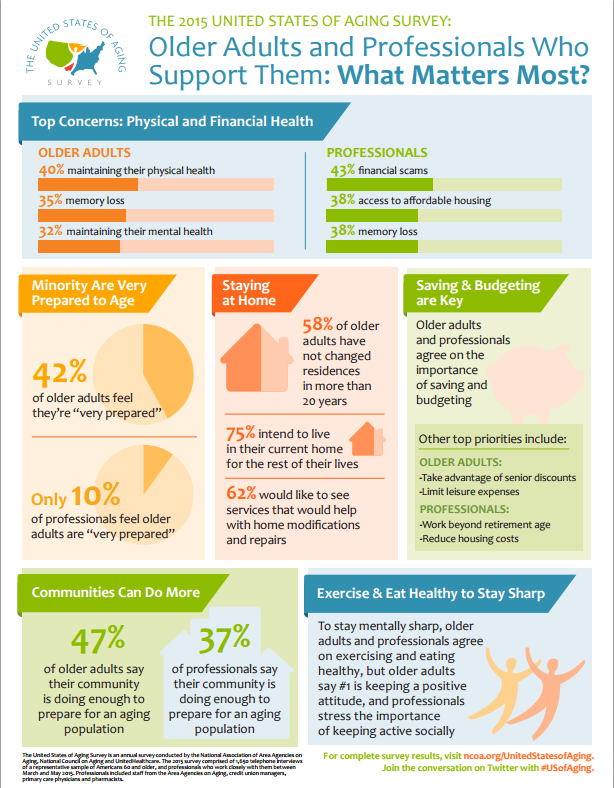 Young people do not yet realize how people in old age gradually lose strength and change their view of the world. nine0007
Young people do not yet realize how people in old age gradually lose strength and change their view of the world. nine0007
It is better to dose information for elderly parents
Elderly parents worry more about adult children, because they feel that they can no longer help them. Indeed, in youth it seems to a person that he has a lot under control, that he is able to resolve most problems and protect his children. However, when health fades and social opportunities melt away, sensations change.
So psychologists recommend keeping this in mind and not giving out all the information about life events to parents. They need more positive news. It is also good to share minor problems that parents can help or give advice on. It is better to leave more significant problems to yourself and solve them yourself. nine0007
It is worth learning how to extinguish conflicts and not allow yourself to be manipulated
Often parents resort to blackmail or threats in order to get what they want from adult children.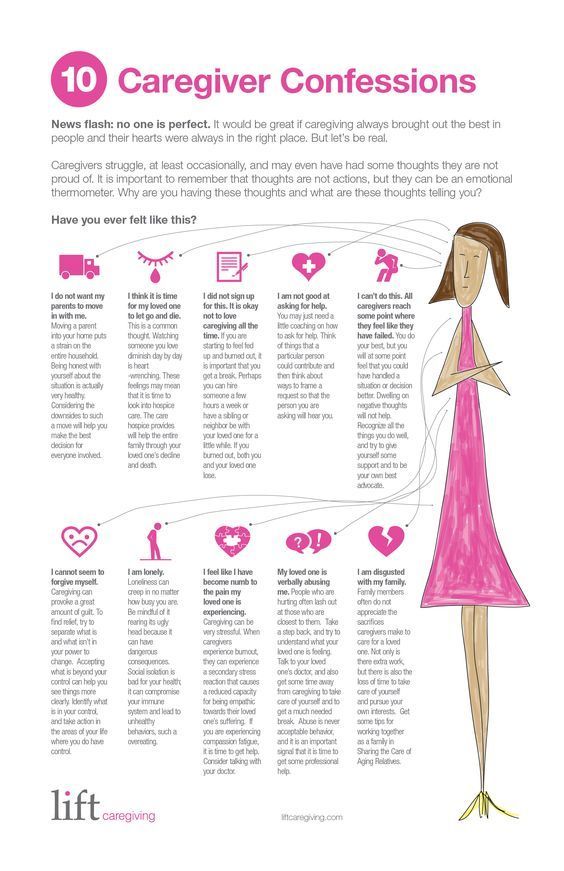 In such situations, you need to take the position of an adult: to separate the real needs of the parent from the manipulation attempt. According to psychologist Olga Torletskaya, manipulation should not be allowed. However, you need to remain lenient. It would seem that this is easy to say - in reality, it is not very clear how to do this. Here you can turn to a simple exercise offered by psychotherapist Ekaterina Sokalskaya. It is useful for those whose process of separation from their parents has not yet taken place or has not gone as smoothly as we would like. nine0007
In such situations, you need to take the position of an adult: to separate the real needs of the parent from the manipulation attempt. According to psychologist Olga Torletskaya, manipulation should not be allowed. However, you need to remain lenient. It would seem that this is easy to say - in reality, it is not very clear how to do this. Here you can turn to a simple exercise offered by psychotherapist Ekaterina Sokalskaya. It is useful for those whose process of separation from their parents has not yet taken place or has not gone as smoothly as we would like. nine0007
By the way, the separation process is extremely important - not only for building relationships with the older generation, but also for building your own family and, of course, for health - no one has canceled psychosomatics. The suggested exercise is this: take photos of your parents. Put them in front of you and mentally (or aloud) thank them for giving you life, raising and investing their mental and physical strength in you, for giving you genetics and a body.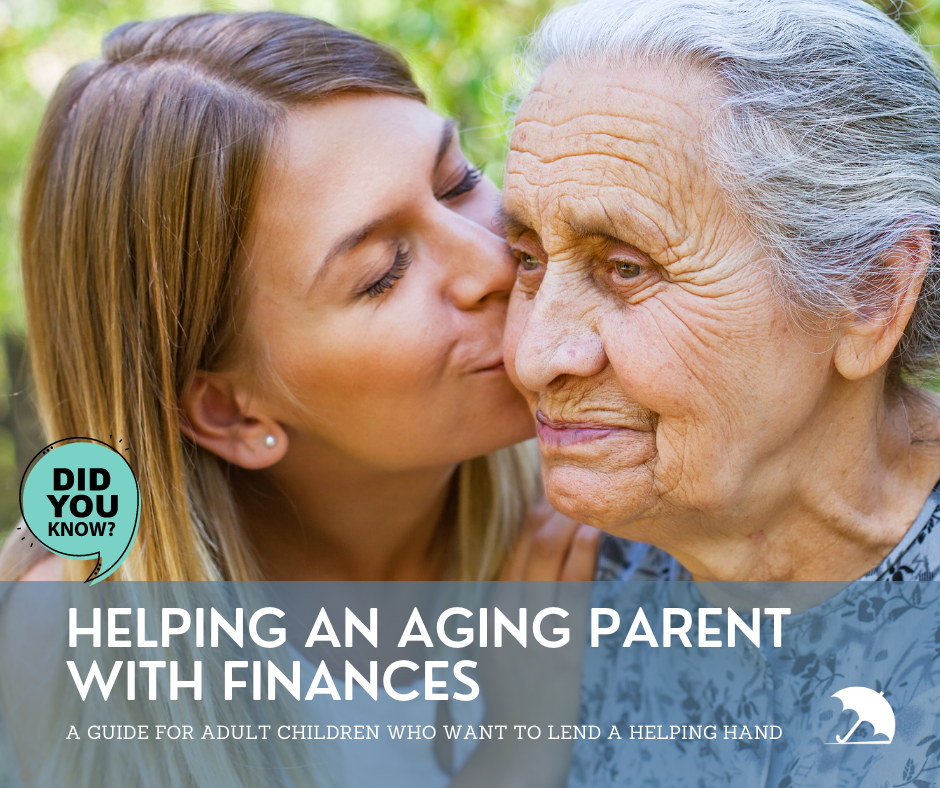 It is worth stopping at this: everything else is given to you by nature - you can imagine it in the person of God and the Universe. So after the words of gratitude, it’s mentally worth saying that although you are grateful to your parents, “you are not from them, but from nature, which has its own plans for you.” This will allow you to gradually psychologically separate from them and feel your own personality. nine0007
It is worth stopping at this: everything else is given to you by nature - you can imagine it in the person of God and the Universe. So after the words of gratitude, it’s mentally worth saying that although you are grateful to your parents, “you are not from them, but from nature, which has its own plans for you.” This will allow you to gradually psychologically separate from them and feel your own personality. nine0007
According to the psychotherapist, the psyche of a patient who comes to see him, because of a bad relationship with his parents, generates these difficult relationships and seems to tell him: “Get away from your mother.” So it is important to understand that a person can be completely different from relatives in their aspirations, interests, abilities and task. Someone is lucky: he has a lot in common with his parents. And someone is the opposite of them by nature. It is necessary to be aware of your individuality and respect it, not to allow it to be raped. The more often a person rapes himself, trying to be comfortable, the more nature speaks to him in the language of illness.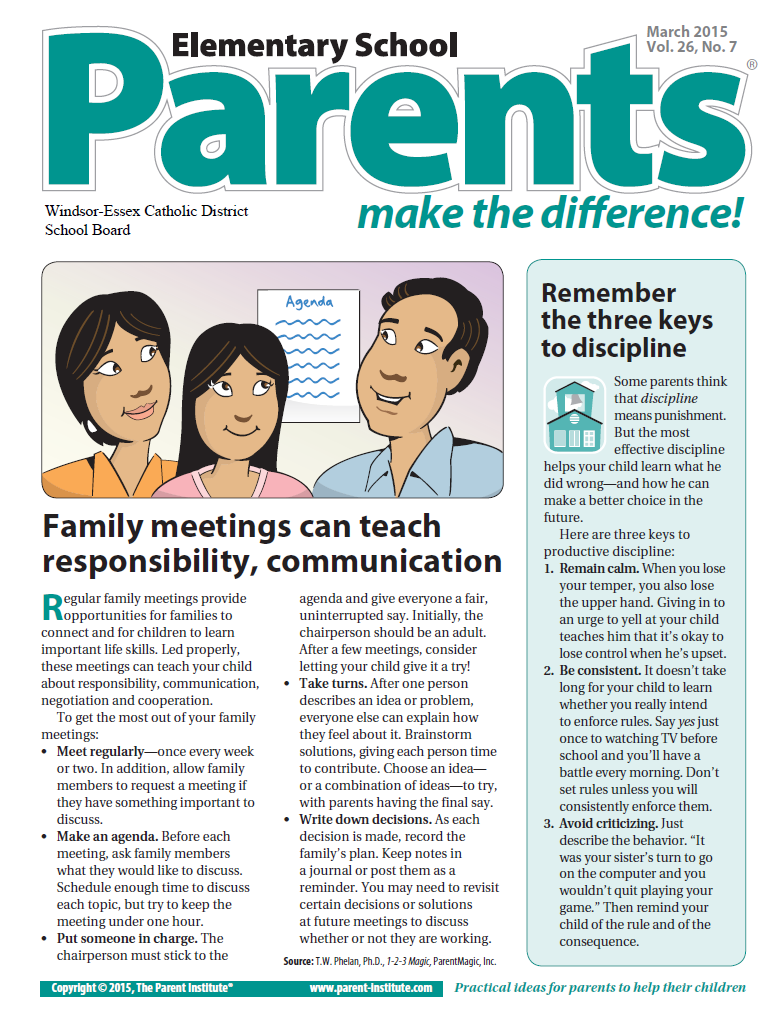 Therefore, it is extremely important to respect your psychological boundaries. nine0007
Therefore, it is extremely important to respect your psychological boundaries. nine0007
Don't respond to attacks. Suppress the conflict by changing the topic of conversation
If your parents start talking to you in a raised voice and start to make a fuss and get nervous, experts recommend not to enter into an argument, but to transfer the conversation to another subject. You can ask some question on an extraneous topic. For example, why you can't see your neighbors for a long time. The most successful way is to turn everything into a joke and make the parents laugh. But for many, this is aerobatics.
Photo: pixabay.comAntistress
Psychologists say that in old age the ability to adapt to the situation decreases, to resist new experiences and problems. Everything is taken to heart. No wonder old people are compared to children. However, children have psychological protection, and the elderly have such low stress resistance that they are constantly worried and often experience total fear.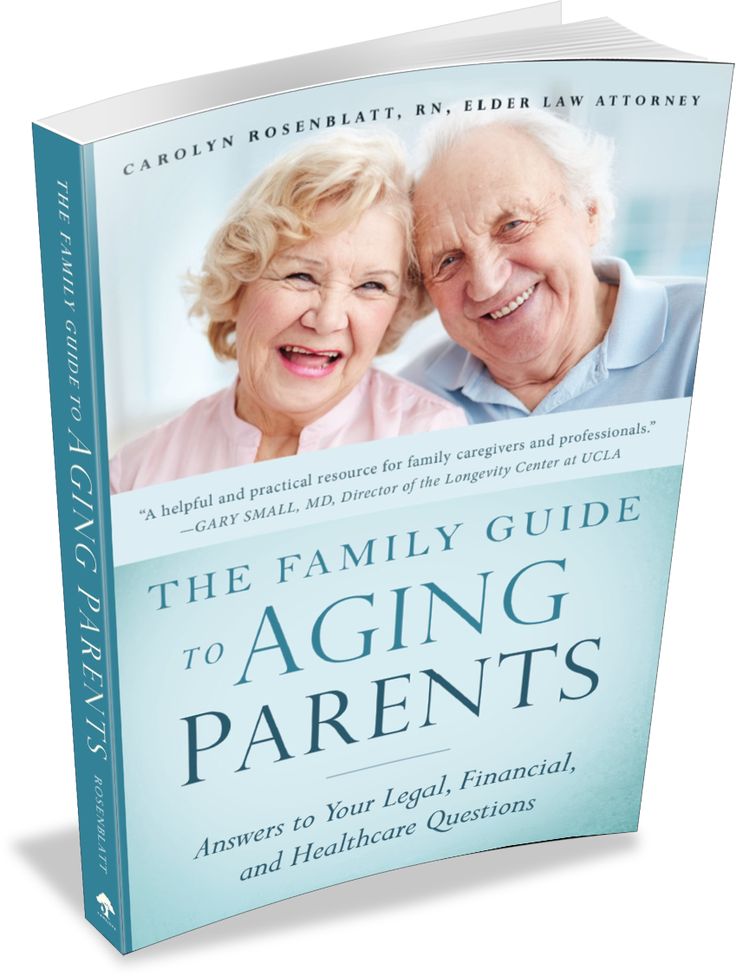 It is already difficult for them to decide to buy an expensive thing, they are afraid to disturb someone once again. As psychologist Olga Mezhenina notes, there is a feeling that a person no longer owns the situation, cannot control it, and sometimes does not have the strength to physically endure it. As a result, anxiety leads to the fact that new conditions and others begin to annoy. So the right decision would be to treat elderly parents and relatives like children - after all, they are not irritated specifically with you, their irritation is just an expression of powerlessness and fear. They want protection, but because they are adults, they are not comfortable asking their children for help. This leads to internal conflict. It is good if the children themselves often offer help. nine0007
It is already difficult for them to decide to buy an expensive thing, they are afraid to disturb someone once again. As psychologist Olga Mezhenina notes, there is a feeling that a person no longer owns the situation, cannot control it, and sometimes does not have the strength to physically endure it. As a result, anxiety leads to the fact that new conditions and others begin to annoy. So the right decision would be to treat elderly parents and relatives like children - after all, they are not irritated specifically with you, their irritation is just an expression of powerlessness and fear. They want protection, but because they are adults, they are not comfortable asking their children for help. This leads to internal conflict. It is good if the children themselves often offer help. nine0007
Do not drag parents into stressful situations
Psychologists also advise against dragging elderly parents into situations in which they will be confused, this will only cause irritation and lead to resentment or scandal. If you called a master or plumber for them, you should check their work yourself. If the elderly need an expensive thing, you need to help them with the choice. Going to the bank, state-owned stores can be a real stress, especially if you need to master modern technologies there. In such situations, the elderly need help. nine0007
If you called a master or plumber for them, you should check their work yourself. If the elderly need an expensive thing, you need to help them with the choice. Going to the bank, state-owned stores can be a real stress, especially if you need to master modern technologies there. In such situations, the elderly need help. nine0007
Don't try to re-educate your parents
They will not part with the habits that have already become part of their lives. If mom embroiders or collects some meaningless, in your opinion, things, you should not demand an answer from her, where will she put all this. This is her world, and its boundaries should not be violated.
It is better to solve problems together - do not give in to pity
With elderly parents, it is important for children to take the position of a wise and patient adult. Parental “whims” are not an expression of anger, but a need for your attention and assertion of their own significance. So in such cases, it is important to empathize and help, but you should not fall into pity. Translate everything into a rational plane: “yes, I know that you feel lonely, that you have pressure. And this makes me anxious, tell me how I can help you. So you show participation in the problem and attention. nine0007
So in such cases, it is important to empathize and help, but you should not fall into pity. Translate everything into a rational plane: “yes, I know that you feel lonely, that you have pressure. And this makes me anxious, tell me how I can help you. So you show participation in the problem and attention. nine0007
Helping parents does not mean living their life. You need to take care of yourself, take care of your business and family. It is important to learn to let go of old grievances and forgive parents.
Let your parents take care of you
Experts believe that the only value an older person has is their own importance in the lives of loved ones. It has been lost over the years. And they are trying their best to keep it. Therefore, it is important to allow your parents to help you: for example, to babysit your grandchildren, pay utility bills, cook dinner. So parents will feel that they are needed. nine0007
How to learn to communicate with elderly parents and not go crazy - Pro Palliative
Why do they use the old and do not buy a new one? Why do they keep talking? What to do if they flatly refuse medical assistance? Where do you get the strength to communicate with them? Can you talk to old people about death? How can you help them live better?
Writer and artist Sasha Galitsky, who has been working as an art therapist in a nursing home for about twenty years, answers these questions in his book "Mom, Don't Cry" (Zakharov Publishing House). nine0080
nine0080
***
The speed of sound is 20 years. Because what the parents said, you understand 20 years later. But even 20 years later I didn't understand. I was 45 when my mother died. 47 when dad passed away. We had a difficult relationship for the last few years of their lives. No, of course, I helped with money and called, as expected, once a week. But when they were gone, I was still left with a question to which I had no answer. Why was it that I, an adult, intelligent, educated person who sincerely loved my parents and wished them well, nevertheless could not provide them with a happy old age, although I really wanted to and could very well? nine0007
I invited them to come to Israel with me. And he tried his best to make them feel good. And it was good - the sea, the sun, cheap fruit. And they admired it all. And then, having admired, they went back home. Where fruits are expensive and medicine is bad and it gets dark early and winters are cold and snow and I'm gone.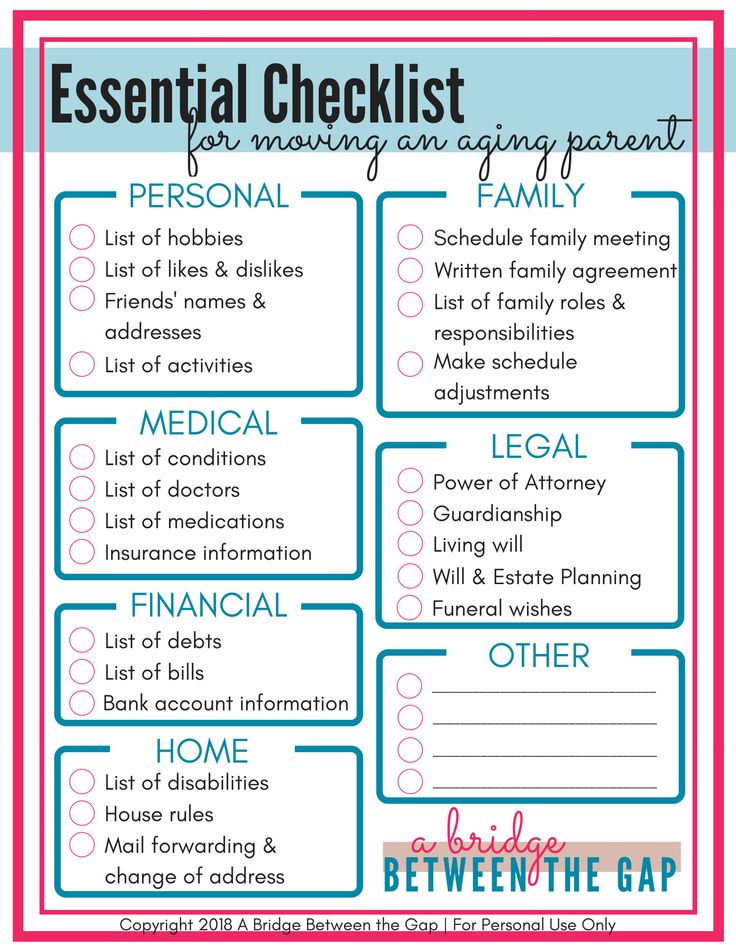 Why?
Why?
Why is it so difficult for us to communicate with elderly parents? Why do all our efforts to establish normal relations with an elderly mother or an elderly father most often end in quarrels and mutual tension? nine0007
It's strange, considering that we know them as much as we know ourselves. What are we doing wrong? Or, in principle, this task is impossible?
A year after my mother's death, I left a good, prestigious job and went to work in a nursing home. I got a job as a teacher of a wood carving circle. This work gave me the opportunity to communicate daily and in large quantities with older people, trying to understand them and learn how to communicate with them. I've been doing this for almost fifteen years now. Here's what I've found out over the years. nine0007
Why do they have to piss us off? Why do they constantly give us advice and interfere in our lives? Why are they saving? Why are they talking so much? Why don't they like anything new? All these questions, which seem to us rhetorical, actually have absolutely specific and absolutely reasonable answers.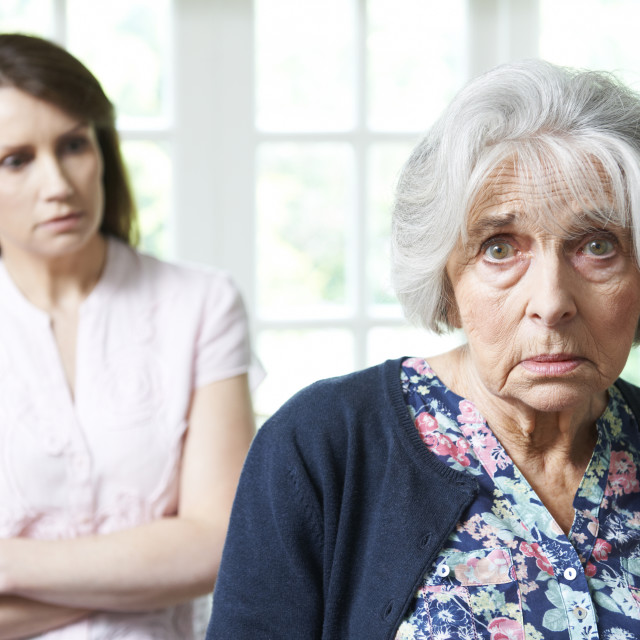 Even the age-old question has a simple and understandable answer: why do old women sit on a bench and look at passers-by? Believe it or not, they have a good reason for doing so.
Even the age-old question has a simple and understandable answer: why do old women sit on a bench and look at passers-by? Believe it or not, they have a good reason for doing so.
If I had known these answers 20 years ago, my relationship with my parents would have been different and their old age would have been different too. But I can't get my parents back. That is why I am writing this book for those whose parents are still alive. For those who still have the opportunity to learn how to communicate with them. And don't go crazy on your own. I now know how to do it. Too bad I didn't know before.
Drawing by Sasha Galitsky. Illustration for the book "Mom, don't cry!"
Why do they have to piss us off? nine0107
I'll tell you what, it's easier for me than for you. Yes, I talk to old people every day for eight hours. You probably don't. Yes, I have dozens of them. And you have two at best. But! And this is a huge BUT. Those old people with whom I communicate, I have never seen others.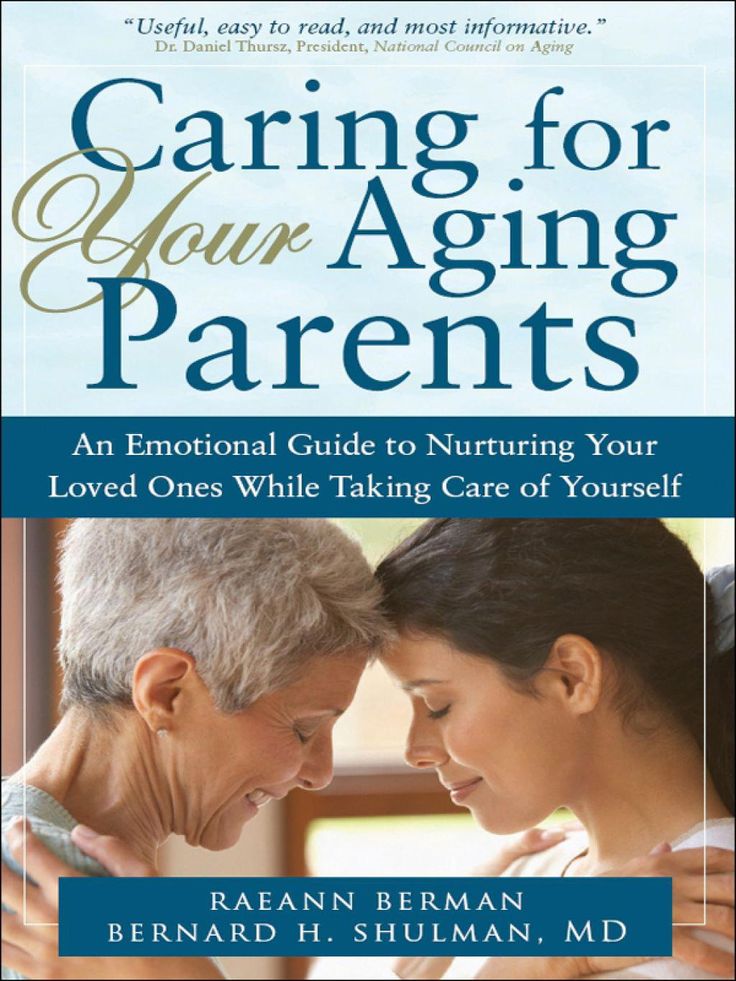 I met them when they were old. I don't remember them when they were young. I don't remember them when they were young, and I don't remember myself as a child next to them. They didn't take me by the hand to the kindergarten, didn't wipe my ass, didn't feed me, didn't give me drink, didn't scold me, and I didn't beg from them for a set of flat red plastic Chapaevs. I don't have a history with them. And you have a backstory. And so it's much easier for me. I have nothing to compare. nine0007
I met them when they were old. I don't remember them when they were young. I don't remember them when they were young, and I don't remember myself as a child next to them. They didn't take me by the hand to the kindergarten, didn't wipe my ass, didn't feed me, didn't give me drink, didn't scold me, and I didn't beg from them for a set of flat red plastic Chapaevs. I don't have a history with them. And you have a backstory. And so it's much easier for me. I have nothing to compare. nine0007
"Mom, don't eat so much, you're getting fat!"
“Dad, you better not drink, you know!”
“Mom, when will you finally master the computer?”
“Daddy, can I put you in the pool? Will you swim?"
“Mom, what are you talking about?!”
“Let a person live in the past” 12 rules to help care for people with dementia from care expert Olga Vygovskaya
A friend of mine found out quite by accident that her eighty-five-year-old mother was a racist.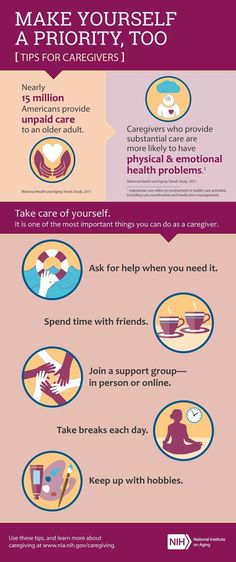 Mom came to visit her in a small American city and a couple of days later publicly expressed her delight to her daughter about the fact that there were “absolutely no blacks” in the city. Mom, however, used a different word - one that sounds the same in Russian and English. An acquaintance told me that she was horrified by her discovery and spent two days in a furious attempt to convince her mother. And only then I thought - why, in fact, she does this? nine0007
Mom came to visit her in a small American city and a couple of days later publicly expressed her delight to her daughter about the fact that there were “absolutely no blacks” in the city. Mom, however, used a different word - one that sounds the same in Russian and English. An acquaintance told me that she was horrified by her discovery and spent two days in a furious attempt to convince her mother. And only then I thought - why, in fact, she does this? nine0007
Even if she could explain to her mother the depths of her mother's terrible delusions, what difference would that make? How will this increase mother's comfort and the quality of time left for mother? No way. And then why bother? Out of principle?
Have you ever noticed that no old people annoy us as much as our own? This is because all old people are just old people. And ours are aged parents, whom we remember differently, young and full of strength, and who until relatively recently played a completely different role in our lives.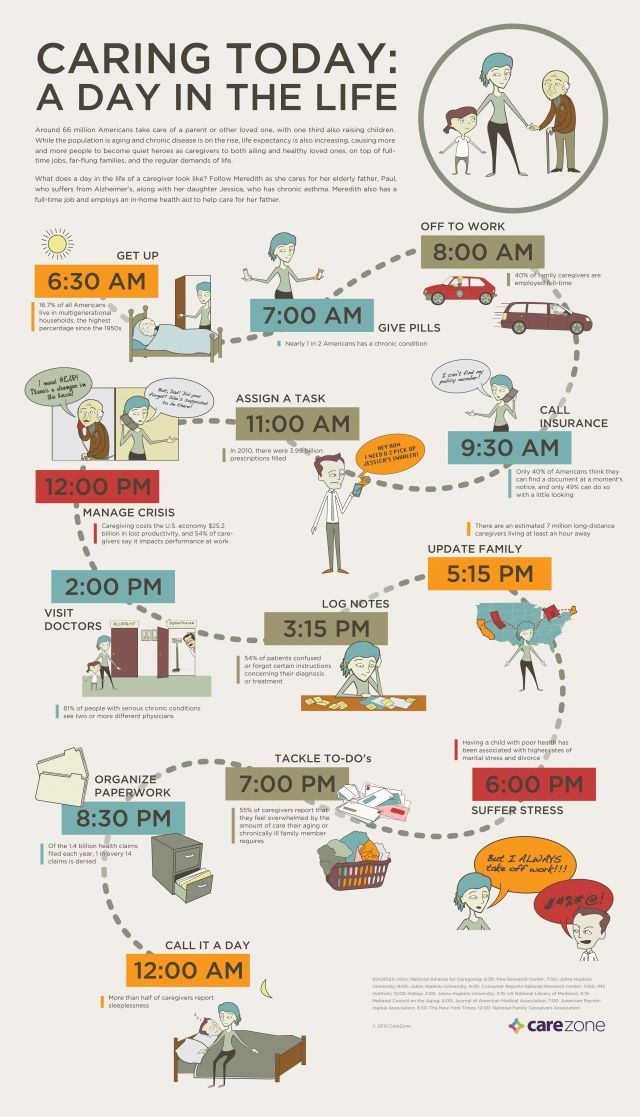 nine0007
nine0007
We are not prepared to allow them to become decrepit, stupid and childish. We want to be proud of them. And so we are trying to get them to exercise, eat right, walk more, develop memory and realize the depth of the fallacy of their outdated views on life in order to give us the opportunity to write posts on social networks about their amazing successes. Every day and every hour we do our best to keep them from getting old. And we spend a huge amount of energy and effort on this hopeless cause. Don't talk nonsense. Dress brighter. Use Internet. Don't sit at home. Mom is the most beautiful. Dad is the strongest. nine0007
The main reason for the vast majority of our conflicts and quarrels with elderly parents is that we are not ready to accept what time is doing to them. Time spoils them. We quarrel with them, trying to "fix" them. But old age is an irreversible disease.
Not one - I emphasize, not one - of the huge number of old, elderly old people with whom I have had the good fortune to communicate daily for the past two decades, is in my opinion a completely adequate person - at least from the point of view of the norms adopted for our age. nine0007
nine0007
Elderly people live in coordinate systems different from ours. There is only one way to improve our relationship with them. One and only way to make this relationship easy and simple. This way is to understand and accept that this relationship will never be better. And easy and simple, too, will never be.
It is necessary to find the strength in oneself to give the old people the opportunity to be what they are. Respect their children's choice. Make stupid requests. Don't take their ideas seriously. Accept strange demands. Do not argue with them when they are talking absolute and obvious nonsense. Because - why? What's the point? nine0007
— Mom, what kind of coffee do you want?
- Instant, the cheapest!
- Good.
Our task is not to make us proud of them, but to make the time remaining for them as comfortable and enjoyable as possible. These are very different tasks.
Spiritual testament: how to share your experience with loved ones About the practice of writing letters in which a person can summarize his life, give parting words and share lessons with those who remain after his death
My father, by the way, was the best wizard in the world.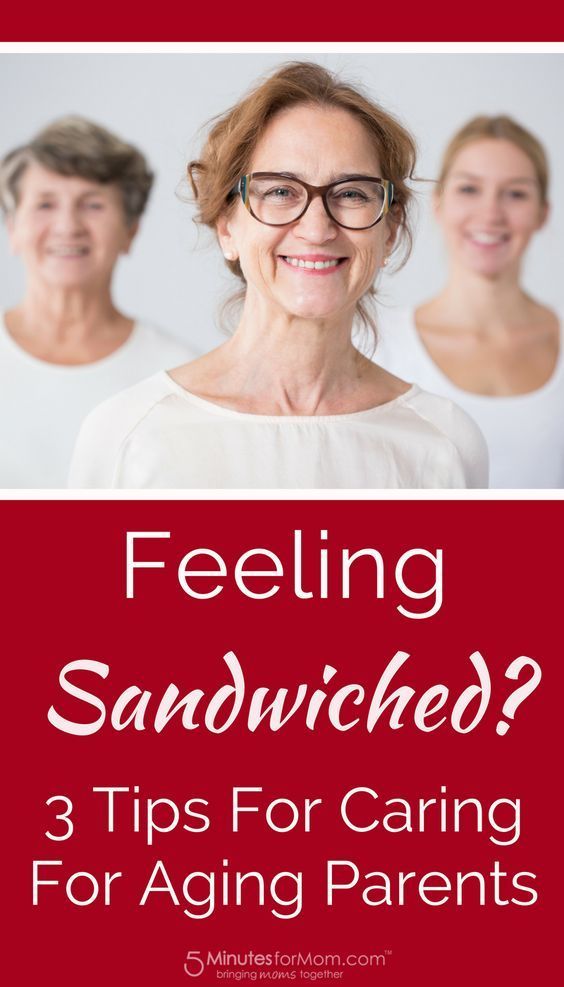 I'm not lying. I still remember my mother’s voice from the kitchen: “Sasha, stop playing with the ball in the apartment!” And the ball flying off into a heavy vase, which slowly, inexorably falls on the black glass of a Czech sideboard. And the roar of breaking sideboard glass, instantly covered with a web of cracks. I remember my mother’s words: “Dad will come home from work - you yourself will explain to him!”
I'm not lying. I still remember my mother’s voice from the kitchen: “Sasha, stop playing with the ball in the apartment!” And the ball flying off into a heavy vase, which slowly, inexorably falls on the black glass of a Czech sideboard. And the roar of breaking sideboard glass, instantly covered with a web of cracks. I remember my mother’s words: “Dad will come home from work - you yourself will explain to him!”
I remember how my mother and I went somewhere, and it was winter, and I was afraid to return, because I imagined that dad had already come from work, took off his coat, went into the living room and found broken glass. I represented the full force of his justified anger. I didn't know how to explain to him about the ball. And best of all I remember how my mother and I returned home. And how I, expecting a well-deserved scolding, discovered that the broken glass on the sideboard was intact. And I remember a laughing father. Dad, a Soviet rationalization engineer, somehow managed to turn the broken glass over in such a way that the pride of the domestic instrument making of the Riga radiol covered up all the disgrace I had made.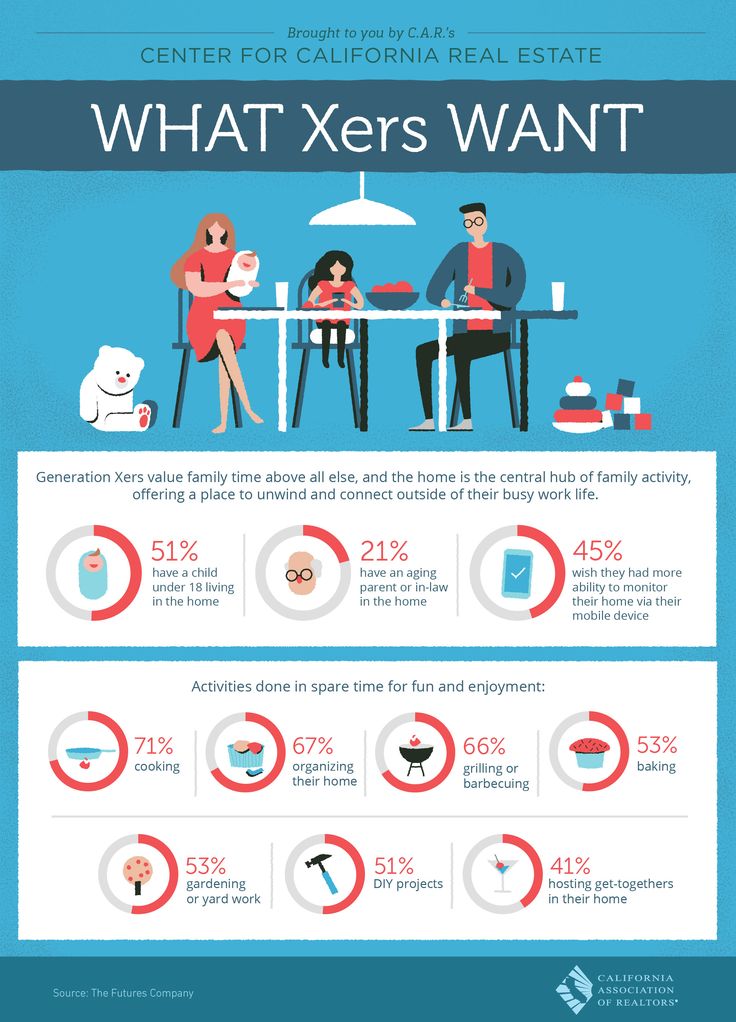 And I didn't have anything! nine0007
And I didn't have anything! nine0007
Remembering all this horror, I then for a long time looked from time to time with one eye into the slot under the radiogram to see how wildly scary it was. And every time I rejoiced at my father's magic again. My wizard dad died in Moscow from a heart attack in 2004. By this time he had already had two heart attacks. As an engineer-innovator, he tried to fix the work of the heart with the help of pills. Dad drew up what seemed to him to be life-saving schemes and wrote down the exact time of taking the medicines and their doses on a paper tape. He flatly refused to go to the hospital. nine0007
Even when he was just sitting in an armchair and could not lie down, he was suffocating.
Hearts suffocate.
I don't know why I didn't send him to the hospital by force against his stupid old will. Probably because in the depths of my soul I really wanted everything to work out with his own heart as amazingly beautiful as with the glass of a Czech sideboard.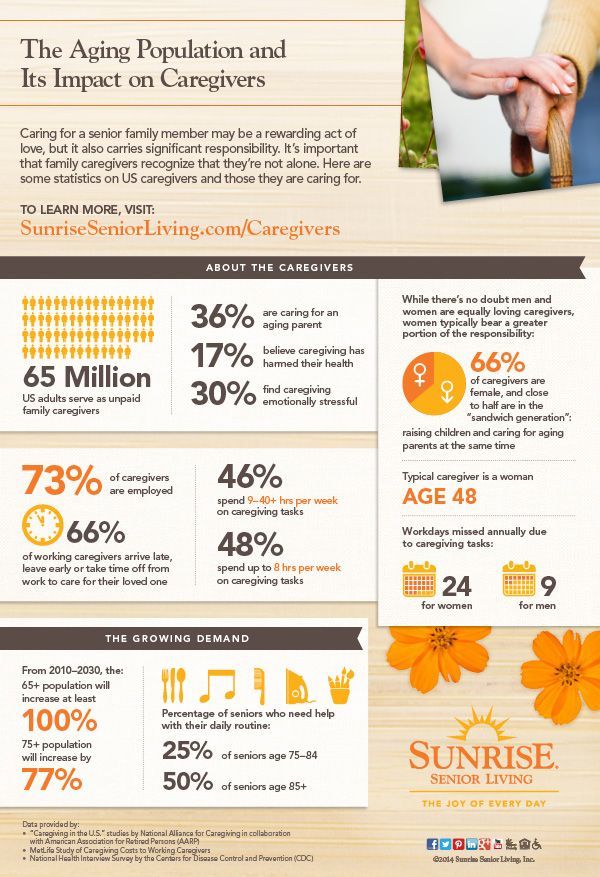 And so that he remains a magician, capable of continuing to amaze me, a child, with miracles inaccessible to my understanding. A magician, not a frightened old man who fell into childhood. I agreed with him that, well, if there is another attack, then it will be necessary to go to the hospital. The attack happened a couple of days later. Father was taken away in an ambulance. He died on the way. nine0007
And so that he remains a magician, capable of continuing to amaze me, a child, with miracles inaccessible to my understanding. A magician, not a frightened old man who fell into childhood. I agreed with him that, well, if there is another attack, then it will be necessary to go to the hospital. The attack happened a couple of days later. Father was taken away in an ambulance. He died on the way. nine0007
“We knew that your father was a respected person, and we did more than usual,” the doctor said to me as a consolation when I came to get my things.
Drawing by Sasha Galitsky. Illustration for the book "Mom, don't cry!"
How to please old people?
Tell me, do you often meet happy old people? Yes, they are almost non-existent in nature.
Every Friday I meet Eliyahu in the hallway of the nursing home. Now he is almost 101 years old.
— How are you, Eliyahu? nine0080
- Very bad! Everything hurts and is boring!
Eliyahu, in his hundred years, managed to study at the University of Warsaw, and run from the Nazis around Europe, and direct the home of homeless Polish children in the forties, and become a famous microbiologist in the sixties. His life was full of impressions. And now? People need new experiences for pleasure. And the old people miss them. "Everything hurts and is boring."
His life was full of impressions. And now? People need new experiences for pleasure. And the old people miss them. "Everything hurts and is boring."
Hello! Felix, a retired neighbor, tells me from the second floor. — Where are you? nine0080
- Pick up daughter from the station.
— Can I go with you too?
- No, no. I'm in a hurry.
In half an hour we return with our daughter, the door of Felix's apartment is open, Felix himself is standing in the doorway and waiting - what if we can talk again? Felix is bored.
Impressions are what old people miss the most. And that's what they value the most.
Not so long ago, in the nursing home where I work, my grandfather drowned in the pool. Grandmother, who lives opposite the pool, put a chair on the balcony, sits and looks at the work of the ambulance team, which catches the dead. nine0007
— Go away! You don't have to look at it! the orderlies shout to her from below.
— Why? I'm interested.
And a discussion with friends later:
— How much water spilled out of it, did you see?!
Old people have little good in their own, personal, individual life. Pain, physical discomfort, fatigue, fear of the future. All these troubles cannot be overcome, corrected or cured. You can only get away from them. nine0007
Old people appreciate very much everything that in one way or another can distract them from unpleasant physical sensations, bad thoughts and experiences. Therefore, if you want to please your elderly parents, do not give them a pressure cooker, a coffee maker, a washing machine, or any other, from your point of view, absolutely necessary object in the household, the appearance of which, as you think, will certainly bring them joy.
Will not deliver.
If you want to please them, give them your time. But only, of course, not some empty, boring and overwhelming.
Choose a quality, bright, unusual time for a gift. nine0007
One of my friends could not guess with a birthday present for an elderly mother. Everything he tried caused almost no reaction from his mother. Gold earrings are expensive. Lovely cashmere sweater. Spa day. All this was tried and did not bring the desired result. Mom politely thanked, but clearly did not feel any joy from the gift. Until one day, circumstances did not turn out so that on my mother's birthday, my friend was on vacation with friends.
He didn't worry about the present for his mother and was very worried about it. And in the end he did. Invited friends to dinner at a restaurant in the port, by the sea. I connected my mother via Skype, with a video. And each of the guests took turns talking to her, saying some kind words. This went on for over an hour. The effect was amazing! Mom was delighted - such as no spa, no earrings, no sweater she had come close to calling.
“I’m happy that I have you” Monologue about life next to a person with dementia
Some of my other acquaintances decided to really celebrate the birthday of my grandmother, who was turning seventy-six. We bought her a beautiful smartphone as a gift. But before handing it over, they asked the grandmother to also contribute to the planned celebration and cook some dishes especially loved by the whole family. It was necessary to prepare for a long time and seriously. Grandmother spent the whole day in the kitchen, of course, everyone helped her - both grandchildren and children. In the evening, when the guests arrived, the grandmother was given her gift - a smartphone ... which caused absolutely no reaction in her. nine0007
We bought her a beautiful smartphone as a gift. But before handing it over, they asked the grandmother to also contribute to the planned celebration and cook some dishes especially loved by the whole family. It was necessary to prepare for a long time and seriously. Grandmother spent the whole day in the kitchen, of course, everyone helped her - both grandchildren and children. In the evening, when the guests arrived, the grandmother was given her gift - a smartphone ... which caused absolutely no reaction in her. nine0007
But when a year later, before her next birthday, my friends asked my grandmother what she would like this time, it turned out that the only thing she dreams about is to spend the whole day in the kitchen again with the whole family, for common cooking, like last year.
Old people appreciate everything that distracts them from their own not very cheerful state. And therefore they use absolutely every opportunity they have to switch their attention from their inner world to the outer one.
nine0007
Have you ever wondered why old women always sit on the bench and look at the passers-by? Or why older people are always so interested in other people's affairs? Or why tourism is so popular among those over 70?
Well, now you know.
Drawing by Sasha Galitsky. Illustration for the book "Mom, don't cry!"
The most difficult and most important thing
This is the most important thing that is written about in this book. It is also the most difficult. And the most important. nine0007
Listen carefully. No matter what happens, no matter how hard it is, no matter what insults our elderly parents voluntarily or unwittingly inflict on us, tomorrow will be a new day. And until tomorrow, you need to learn to forget everything that happened today.
We don't carry grudges from day to day. We throw them out of our heads, out of our hearts, out of our memories, and simply forget them. And we start a new day of relationships with a clean white slate.




